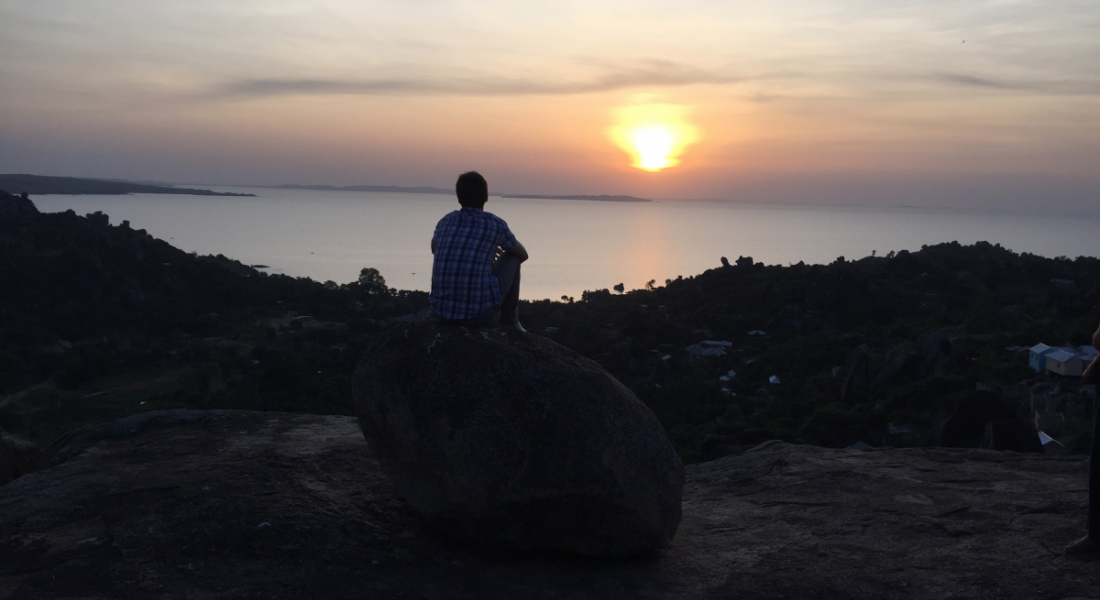
On Tuesday, June 11, 2015...
I have spent the first week attempting to get a sense of the hospital's technological level, and to see whether several things in case studies and Tanzania's National eHealth Campaign might be useful for the rural hospital.
The first of these was of course telemedicine, the major focus of my project. When surgeries are required on any patient, there is not really a certain doctor with a specialty. As Dr. Chirangi (the hospital director/head doctor) put it on the first day, every doctor shares. The doctors are all very capable of handling standard procedures, but the difficulties come with more specialized surgeries.
These emergency specialty surgeries in rural hospitals leave doctors completely without a second opinion. And on top of all of this, the very point of telemedicine is to deal with the lack of specialist training while the country catches up by lowering their specialist to patient ratio (30x higher than WHO recommendation), but almost nothing is being done to train more specialists.
In addition to telemedicine, the issue of a referral system has been brought to my attention. When a patient is referred to Bugando for a problem that cannot be handled in Shirati (e.g. cervical cancer), there is no way for the nurses to know if the patient actually went.
In the hospitals where I have worked, this is always done through electronic transfer, such as an email, but there is no accountability system put in place here. And for the nurses to ever get follow up information on the patient is even more rare.
Finally, there is no way of knowing, due to the lack of a filing system, whether HIV patients are showing up for the appointments they have scheduled. Often times, patients come and get the drugs, then quickly stop taking them and only return when it is too late.





